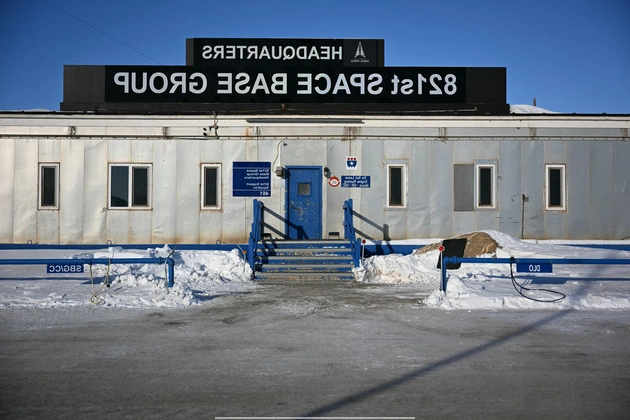
The Pentagon is undergoing a significant shift in its oversight strategy by transitioning Greenland under the U.S. Northern Command. This move symbolically aligns the island territory more closely with the United States, especially as President Donald Trump continues to express interest in asserting control over the Arctic region.
Strategic Realignment for Greenland
The impending change in oversight, expected to take place imminently, also promises to enhance the U.S.’s Golden Dome missile shield capabilities through the provision of additional radar coverage.
Under this restructuring plan, Greenland will move from the jurisdiction of the European Command to the Northern Command, which holds responsibility for safeguarding the security of North America. Insider sources reveal that this transition is on the horizon, with details being discussed confidentially prior to an official announcement.
Political and Geographical Implications
This shift marks a concrete step in the Trump administration’s persistent efforts to gain ownership of Greenland, an autonomous territory associated with Denmark. While the idea of purchasing Greenland was fleetingly raised during Trump’s initial term, it has gained traction post-election, causing apprehension among Greenland’s inhabitants and discontent within the Danish government, which staunchly opposes any sale.
The decision to integrate Greenland into Northcom will face intense scrutiny from Denmark and NATO, given the ongoing campaign by the Trump administration to assert dominance over the island, including the potential use of military force. Notably, Denmark and the semi-autonomous Faroe Islands will remain under the European Command, creating a symbolic and operational divide between these regions and Greenland.
Strategic Planning and Defense Review
The jurisdictional transfer aligns with the Pentagon’s ongoing review of the Unified Command Plan, delineating the responsibilities of its six geographic combatant commanders. While the Greenland reassignment doesn’t entail major leadership changes, other proposals under consideration, such as merging Northern Command and Southern Command or reassigning Africa Command under the European Command in Germany, could significantly impact military leadership structures and asset allocations worldwide.
Strategic Importance of Greenland
The U.S. government has emphasized the strategic value of Greenland for national security, citing its North Atlantic location as pivotal for advanced missile defense programs and surveillance of Russian and Chinese activities in the Arctic region.
This tactical shift opens avenues for deploying additional Golden Dome radar systems on Greenland, expanding sensor networks, and aligning the island more closely with Canadian and American defense strategies.
International Reactions and Security Concerns
The Danish embassy in Washington and the Department of Defense have refrained from commenting on this impending change, underscoring the sensitivity and geopolitical implications surrounding Greenland’s realignment with the Northern Command.
The U.S. has a longstanding military presence on the island, with high-level visits reinforcing the nation’s strategic interest in Greenland. Calls for security cooperation between Greenland and the U.S. have intensified, prompting Denmark’s commitment to bolster security initiatives on the island in response to American security apprehensions.
Global Security Dynamics
Trump’s statements on Arctic significance have resonated within NATO, with Secretary General Mark Rutte highlighting increased alliance involvement in Arctic security matters. The president’s focus on Russian and Chinese activities in the region has spurred dialogue on enhancing security measures in the Arctic.
In a recent interview, Trump’s mention of potential military action to acquire Greenland has stirred debates, with NATO leaders closely monitoring developments and emphasizing diplomatic resolutions to territorial disputes.
As the Pentagon reconfigures its oversight and defense strategies, the geopolitical landscape in the Arctic and North Atlantic regions is poised for transformation, with Greenland emerging as a focal point of strategic interest and international scrutiny.











